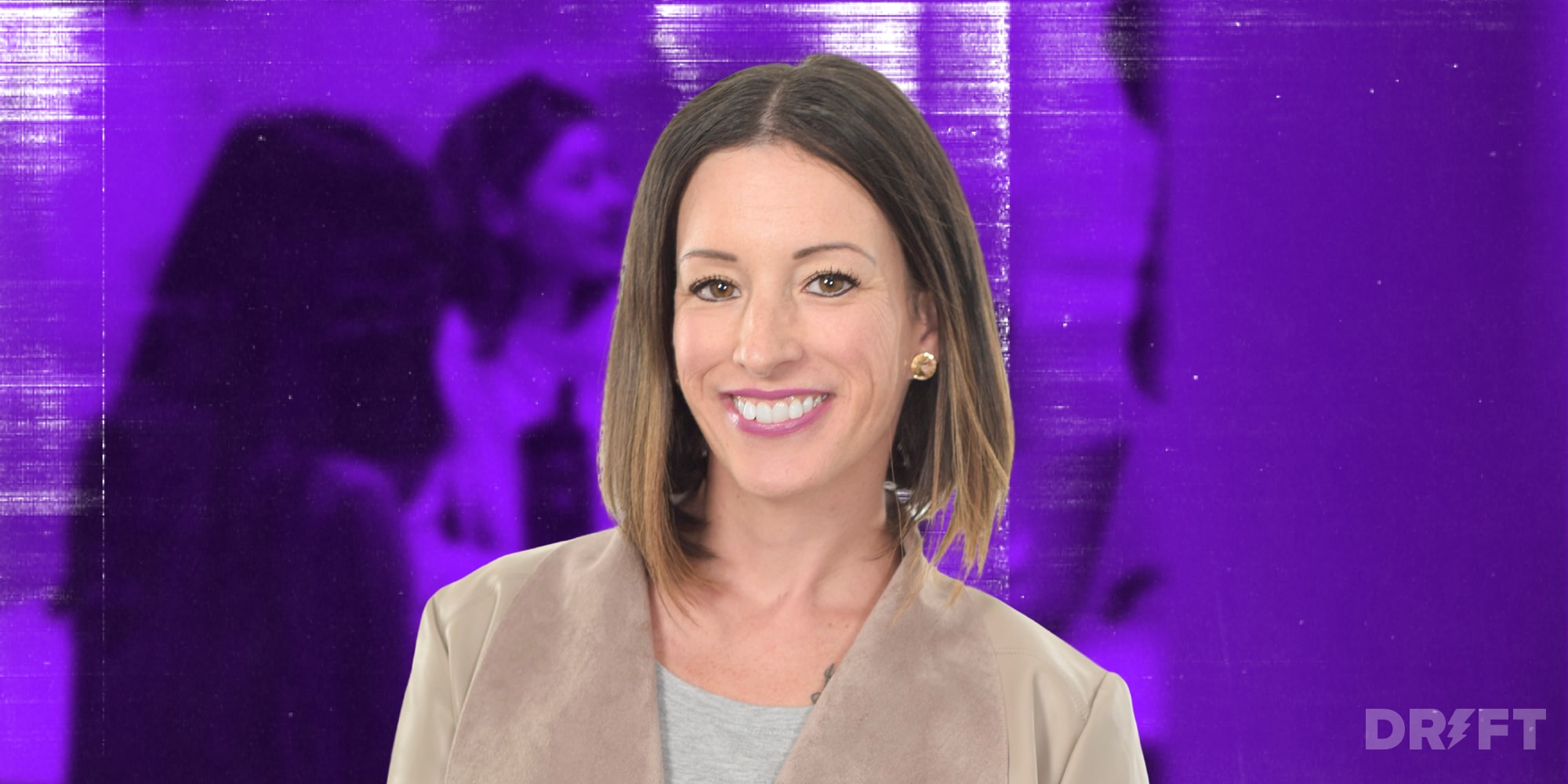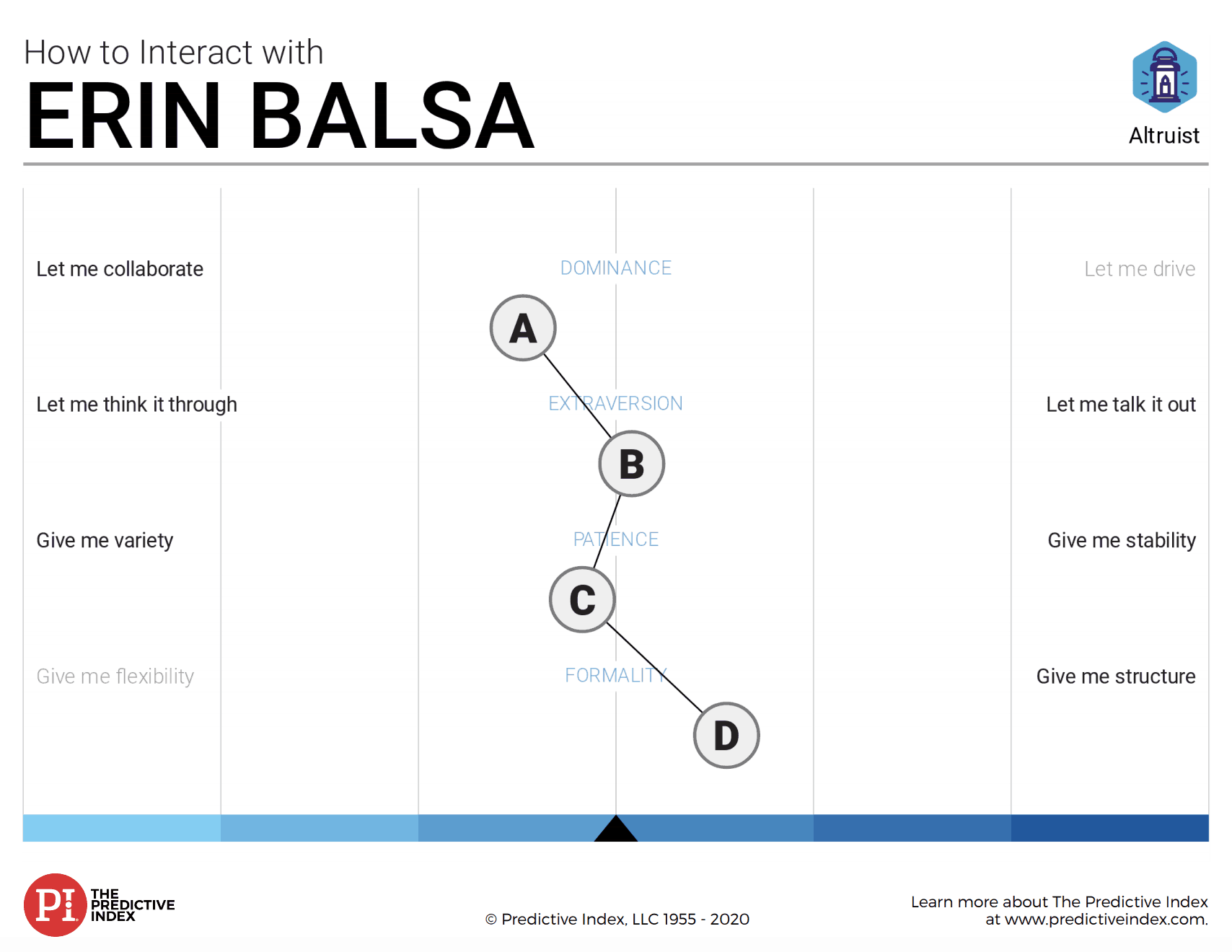
In college, I briefly sold knives to my friends and family. I’d march into their homes, roll out my red velvet tablecloth, and cut through various objects while rushing through my sales pitch. Then came the part of the sales process I dreaded most: the ask. Auntie Mel, now that you’ve seen these magnificent knives in action, would you like to buy one?
I was a terrible salesperson. Well, maybe not terrible, but certainly not good. Memorizing and regurgitating the script was easy for me – but I lacked the sales mindset needed to excel.
To start, I was uncomfortable with rejection; I’d take it personally and agonize over what I did wrong. Also, I was afraid to ask for the sale. Successful salespeople have no problem declaring with confidence: Let’s discuss pricing. Meanwhile, my knees shook under the table as I mustered up the courage to go for the close.
The company gave me a shot. But unfortunately for both of us, it was a shoot and a miss.
Why Do Companies Make So Many Bad Hires?
The 2020 State of Talent Optimization Report revealed that 49% of last year’s hires were good.
The same report uncovered the No. 1 reason employees get fired: they lack the right behavioral makeup for the job. The second most common reason employees are fired? They lack the intelligence required for the job.
In other words, companies struggle to get the right people on the bus because they don’t screen candidates for behavioral and cognitive job fit. They go on resume and references alone. But without examining the whole person, it’s hard to predict on-the-job performance.
It’s extra hard when you’re hiring for an entry-level sales position like BDR or SDR. These candidates don’t have years of sales experience. And they don’t have lots of professional references. So hiring managers do the best they can with what they have. They see a friendly face and they give the person a chance.
But while friendliness does help with prospect relationship building, it doesn’t guarantee sales success. To close deals, sales professionals need a sales mindset – and that’s harder to find.
4 Tips for Hiring People with the Right Sales Mindset
People with a sales mindset focus on helping rather than selling. They listen more than they talk. (Have you ever sat across the table from someone who wouldn’t let you get a word in? You probably wanted to run away, not hand over your credit card.) They crave challenges, ask meaningful open-ended sales questions, and reframe rejection as a learning opportunity. Here are four tips to help you hire people with the right sales mindset:
1. Understand the connection between personality and sales success.
When I sold knives, I was afraid to go for the close. That’s because I’m wired to avoid risk! (My employer had no idea.)
Every person has a unique combination of four behavioral drives. Check out my behavioral pattern:

My “A drive” is to the left of my “D drive.” This indicates lower risk tolerance. A better sales hire would be someone with high risk tolerance because they’d be more comfortable with the unknown. Also, a high amount of the A drive usually means a person is undaunted by criticism. They’ll bounce back quickly from rejection, ready to conquer their next challenge.
When you understand the connection between personality and sales success, you can start to hire salespeople with behavioral fit in mind. You’ll have a five-star sales team in no time!
2. Know what you can train – and what you can’t.
While most anyone can be coached to talk less and listen more, it’s hard to train someone to get comfortable with risk and rejection. Someone super driven to succeed could absolutely stretch beyond their comfort zone and do the job well. But if you want to increase your odds of predicting which candidates will be successful in sales, examine candidate behavioral data.
There are various sales skills a person needs to master. For example, if you’re hiring an entry-level sales BDR or SDR, that person must be able to:
- Follow established processes
- Conduct research
- Maintain contact records
While the above sales skills might seem like hard skills (as they can be taught on-the-job), there’s an element of soft skills woven in. After all, an analytical person who’s passionate about conducting research and maintaining detailed records is more likely to enjoy those tasks. And job fit – enjoying the work you do – drives engagement, productivity, and retention.
3. Pinpoint the cognitive ability a person needs to be successful in the role.
Research shows that cognitive ability is the top predictor of job success. Cognitive ability is indicative of how fast a person can learn.
A new BDR or SDR has to get up to speed on lots of things quickly. They need to understand the product or service, the pricing model, and the value prop. They need to learn to conduct research, maintain contact records, and use platforms such as Salesforce or Gong. That said, they need a certain baseline cognitive ability in order to succeed.
4. Evaluate candidates against the job target.
You know which behaviors and cognitive ability a person would need to knock it out of the park as a salesperson. Now it’s time to hire people with the right sales mindset and intelligence.
Administer behavioral and cognitive assessments, then evaluate each candidate against your job target. If someone meets the cognitive target but isn’t a perfect 10 behavioral match, that’s OK. They could still be a fit. Ask structured interview questions designed to probe into gaps.
Traditional screening methods tend to favor people who had the financial and social means to attend a fancy private university – or complete a prestigious internship. Evaluating behavioral fit can reduce bias in your hiring process, leveling the playing field to help you build a stronger and more diverse workforce.
Final Thoughts on Hiring People with the Right Sales Mindset
Did my former company understand the skills and behaviors that lead to success in sales? I think so, yes. Did they screen for those skills and behaviors in an objective, scientific way? No.
They didn’t dig deep to understand what made me tick. If they had, they might have known that I was better off behind a keyboard.
Erin Balsa heads up content marketing at The Predictive Index, the leading talent optimization platform. When she’s not helping business leaders learn to harness the power of people data, she’s running after her two preschoolers. Find her on LinkedIn (where she’s lucky enough to be the only Erin Balsa) or on Twitter. @ErinBalsa






